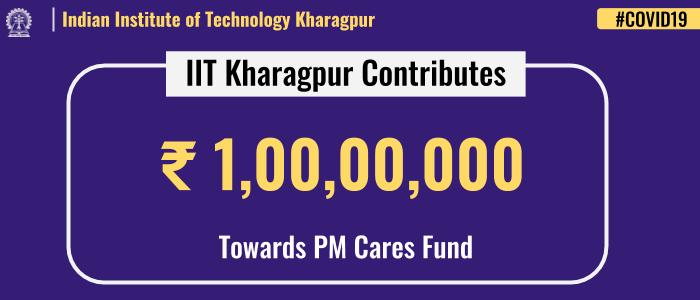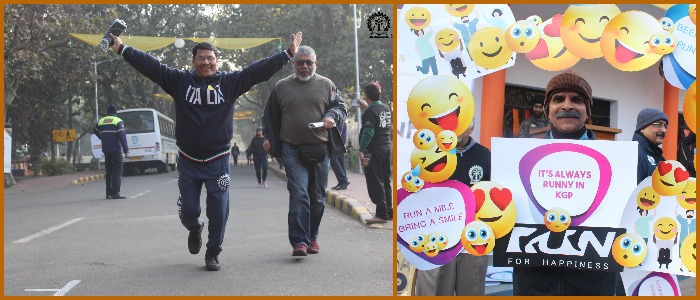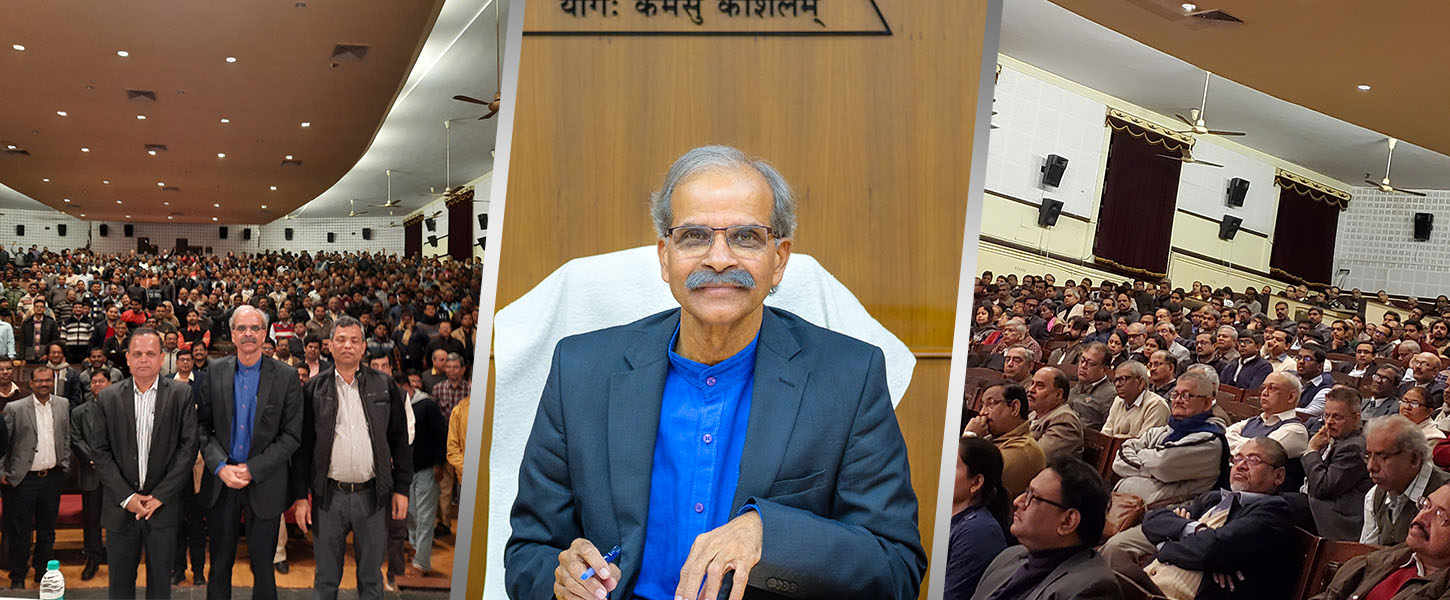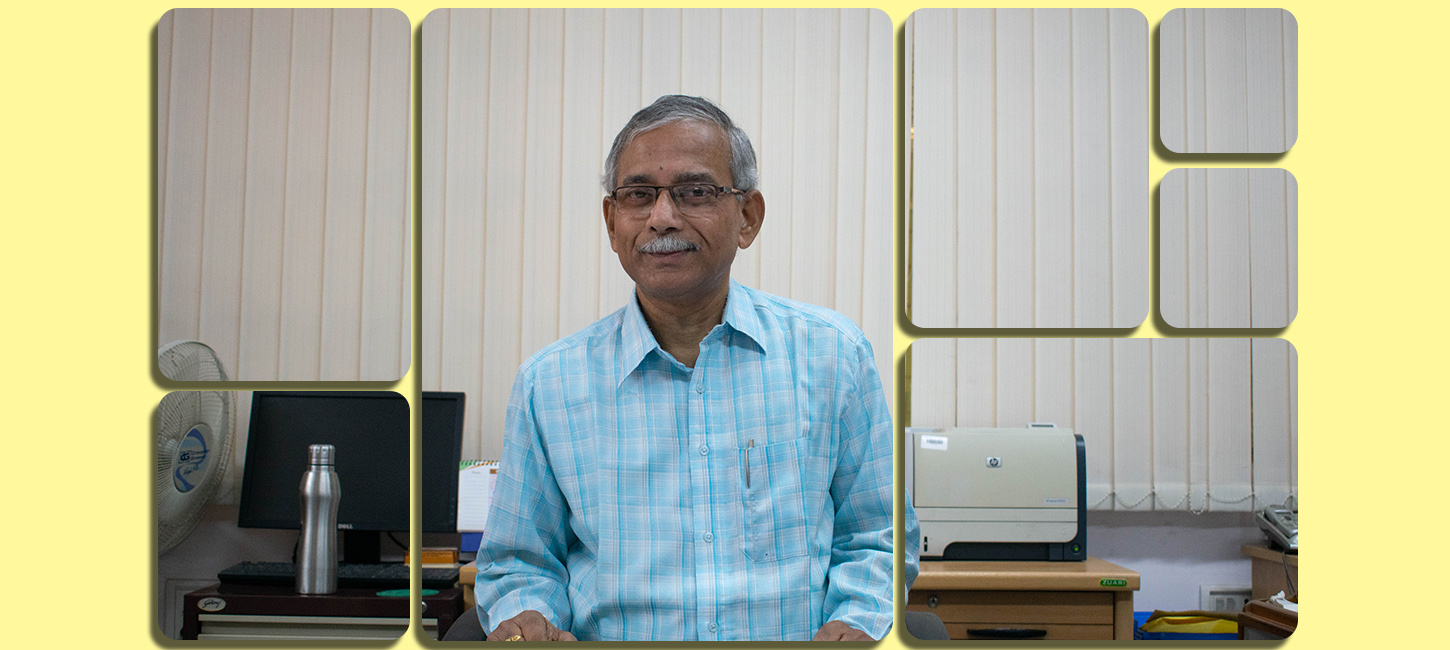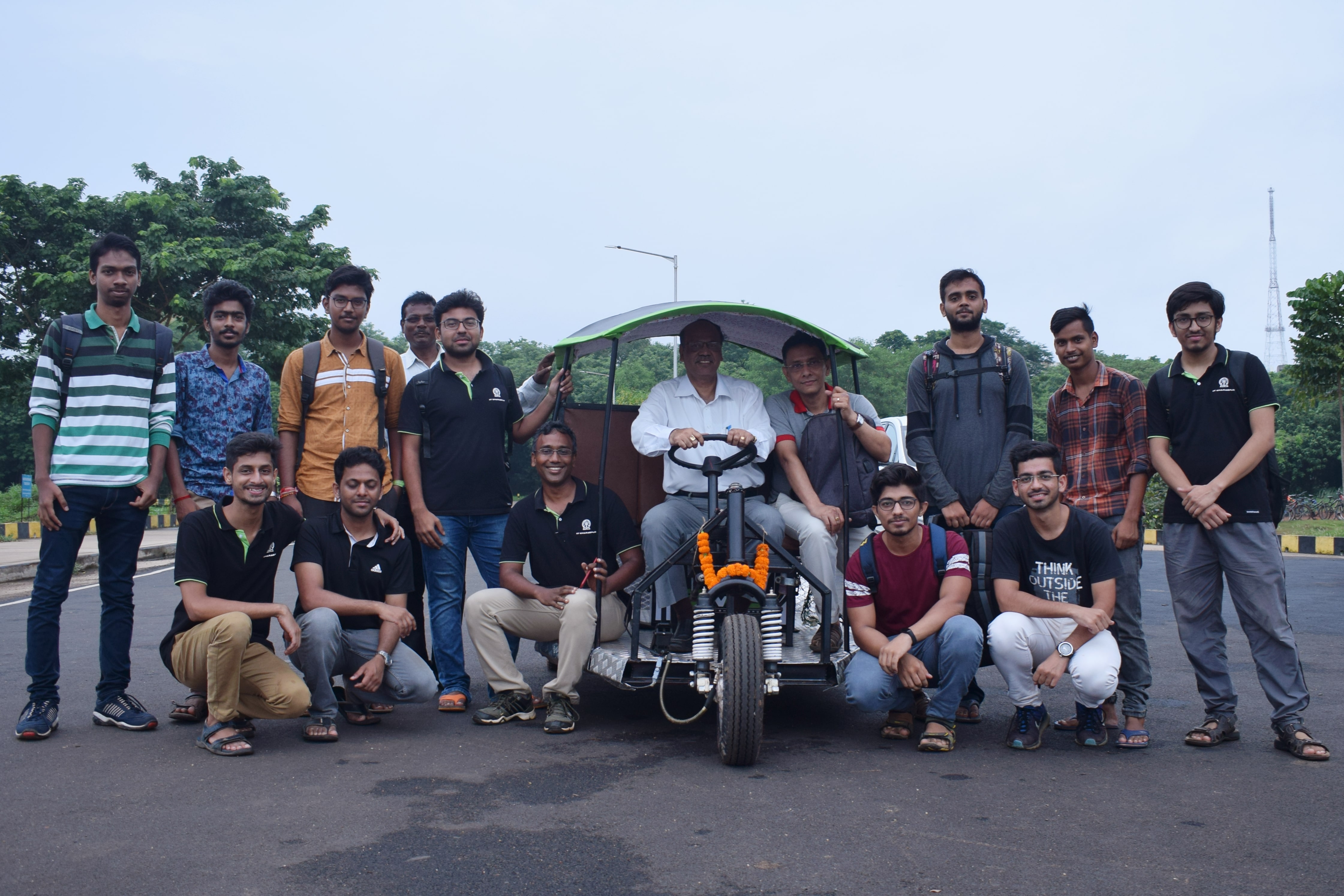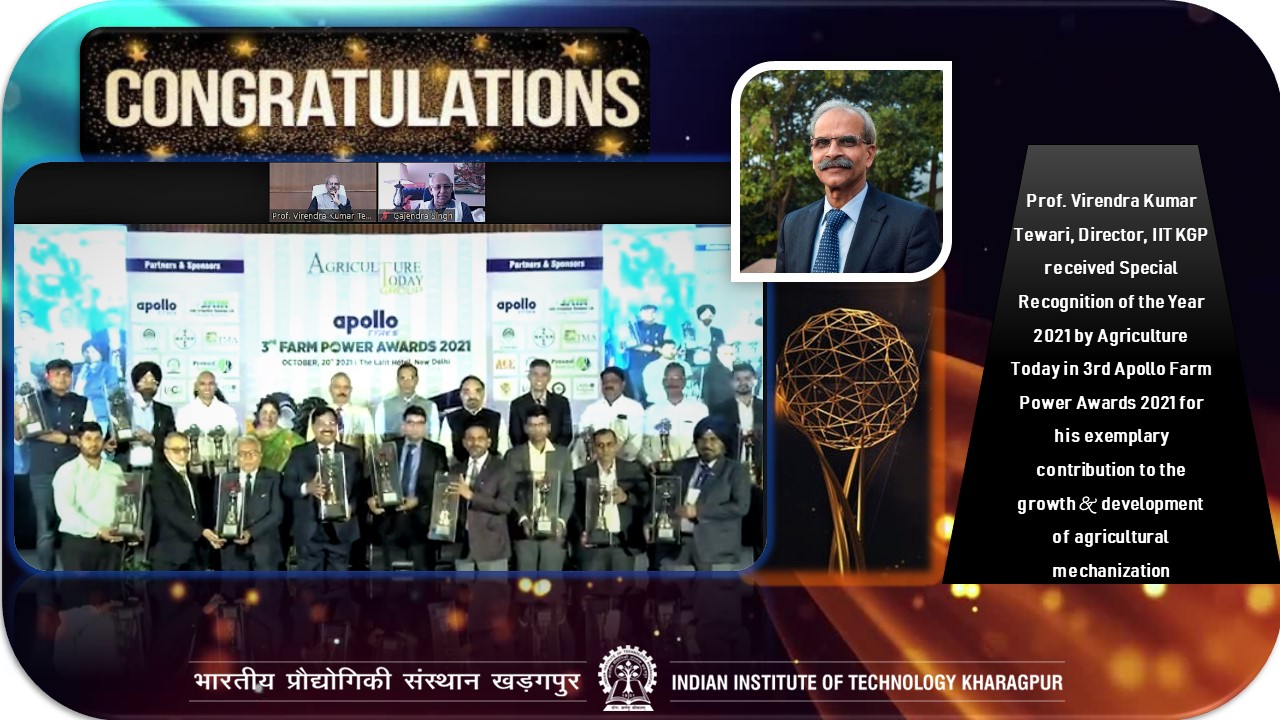
Dr. Virendra K Tewari, Director, IITKGP hounoured with Special Recognition of the Year Award 2021 by Agriculture Today Group
IIT KGP takes immense pride and honour in congratulating Prof. Virendra Kumar Tewari, Director, IIT Kharagpur for being conferred with the Special Recognition of the Year Award 2021 by Agriculture Today Group in the 3rd Apollo Farm Power Awards 2021. He was acknowledged for his exemplary contribution to the growth and development of agricultural mechanization in India. Prof. Tewari participated in the award ceremony through video conferencing. Agriculture Today conducted the 3rd APOLLO Farm Power Awards 2021 on Wednesday, 20th October at Crystal Ball Room, The Lalit, Connaught Place, New Delhi. Distinguished Director General, Indian Council of Agricultural Research, Dr Trilochan Mohapatra graced…

